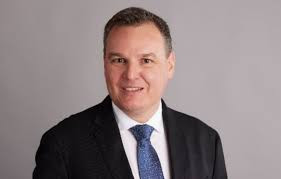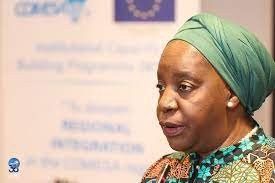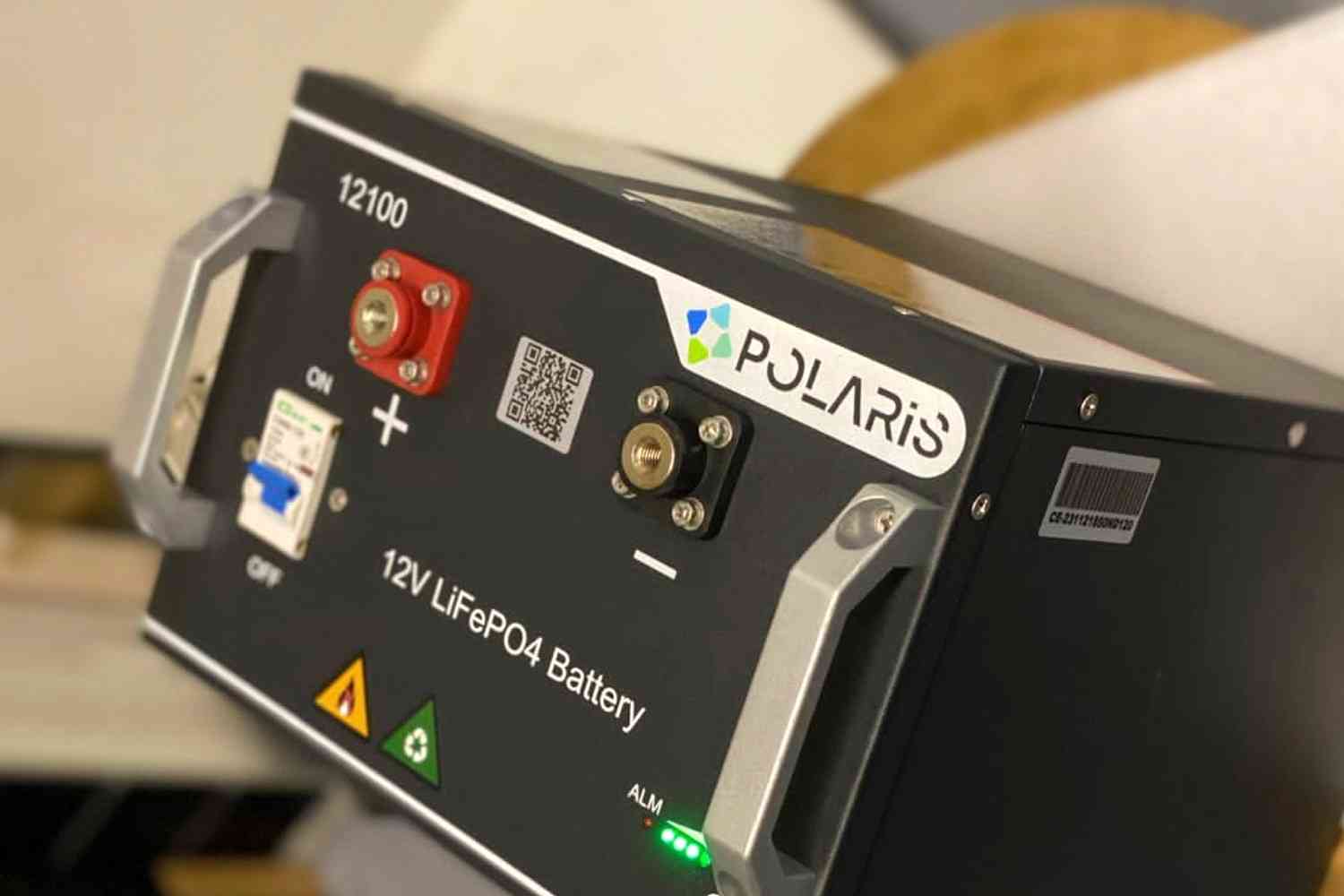PUMA Energy Zimbabwe has plans to invest US$30 million in the country over the next three years to increase its storage capacity, open new service stations, and introduce alternative energies such as liquefied petroleum gas (LPG) and solar solutions. Our business reporter Tafadzwa Mhlanga (TM) caught up with Puma Energy Zimbabwe’s general manager Donatien Kodog (pictured) to get an insight into the company’s plans for 2024.
TM: How would you describe the current state of the economy and the impact it has on your operations?
DK: Zimbabwe is an emerging economy and has witnessed an upsurge in economic activity. We see this as an opportunity to expand our footprint and grow our operations, to support businesses in key sectors like mining, construction, and agriculture, amongst others, by supplying essential fuel and lubricants that are crucial for business operations.
In addition, in anticipation of the increasing power needs in these sectors, we are expanding our services to include renewable energy solutions for commercial clients, as well as contributing to the global energy transition towards sustainable and environmentally friendly solutions.
TM: How is the business performance so far considering the rapid growth in new brands in the fuel industry?
DK: Despite heightened competition, the business' performance has remained satisfactory.
Keep Reading
- Zera hikes LPG prices
- Zera hikes LPG gas price
- Puma to roll out US$30m in expansion drive — MD
- Puma appoints new GM
Our dedication to innovation and flexibility in addressing market demands has led to growth in our non-fuel revenue streams, encompassing lubricants and future energy sources such as renewables.
TM: Are there any expansion plans and partnerships to look forward to this year?
DK: We completed our Sunway, Chinamano, and Highland Park projects, and introduced Shop Express convenience stores. This year, our goals are to strengthen and consolidate our position by working on expanding and modernizing our network. In this regard, we are going to focus on finalising our current priority projects, which include the enhancement of partnerships that will make our retail service stations a destination of choice as well as play a key role in the energy transition.
TM: What is the anticipated capital expenditure for this year?
DK: The company is set to inject US$30 million into the Zimbabwean market over the next three years and has allocated funds towards the expansion of its retail fuel network and storage facilities. This year, with a budget allocation of over US$12 million, we intend to spend US$8 million on the expansion and modernisation of our retail service stations throughout the country, which includes quick service restaurant projects. Furthermore, US$2 million will be directed towards essential projects such as the installation of new modern pumps and the enhancement of forecourt facilities to maximise the value of our existing sites.
Additionally, resources will be directed towards the development of renewable energy solutions with 19 Puma service stations set to be solarised in 2024. Puma Energy Zimbabwe currently operates storage facilities at international airports in Victoria Falls and Bulawayo, and work is underway to upgrade infrastructure and expand storage capacity at its Harare facility.
TM: What is the outlook for 2024?
DK: We are extremely confident about the future of Puma Energy Zimbabwe. We plan to invest US$30 million in the country over the next three years to increase our storage capacity, open new service stations, and introduce alternative energies such as LPG gas and solar solutions.
We are also collaborating closely with our industry partners and relevant regulatory authorities to maintain a consistent and reliable fuel supply in Zimbabwe. Puma Energy Zimbabwe is also investing in local talent and communities.
TM: What challenges are you facing as a player in the country’s fuel industry?
DK: Puma Energy Zimbabwe is proactively engaging with industry partners and regulatory bodies to ensure a reliable and steady fuel supply. The safe delivery of fuel by road and the prevention of road traffic accidents linked to fuel delivery. Puma Energy’s long-running ‘Be Puma Safe’ initiative promotes responsible and careful driving to create a safer environment for everyone.
Our zero-harm policy focuses on third-party trucker training and the use of in-vehicle monitoring systems to track and monitor driver behaviour to minimize exposure and mitigate accidents.
Puma Energy’s health, safety, security and environment protocols include conducting periodic fleet inspections, managing the age of the fleet, and implementing rigorous preventive maintenance measures. Additionally, at a retail filling station level, there are regular and systematic condition checks to ensure optimal operational standards.
TM: How do you view the tax regime, and has it impacted Puma's operations in any way?
DK: As a responsible corporate citizen, Puma Energy Zimbabwe respects the country's laws and processes and adheres fully to all regulatory requirements.
TM: Going forward, what do you envision the company’s role and impact in the local market?
DK: We are extremely confident about the future of Puma Energy Zimbabwe and our commitment to ‘energising communities’ – to diversifying our solutions to better meet the energy requirements of the nation. Our plan to invest US$30 million in the country in the next three years over to increase our storage capacity, open new service stations, and introduce alternative energies such as LPG gas and solar solutions is evidence of this.
Beyond energy solutions, Puma Energy is also committed to Zimbabwe’s people.
We have developed a long-term talent pipeline that focuses on youth graduates through a programme that offers one-year rotational learning across various business segments and is supported through our learning pathways programme.
Currently, Puma Energy Zimbabwe supports the career growth of its employees, 99,5% of whom are local, through periodic capacity-building workshops. Puma Energy Zimbabwe is building on its proud 10-year legacy in the country.





